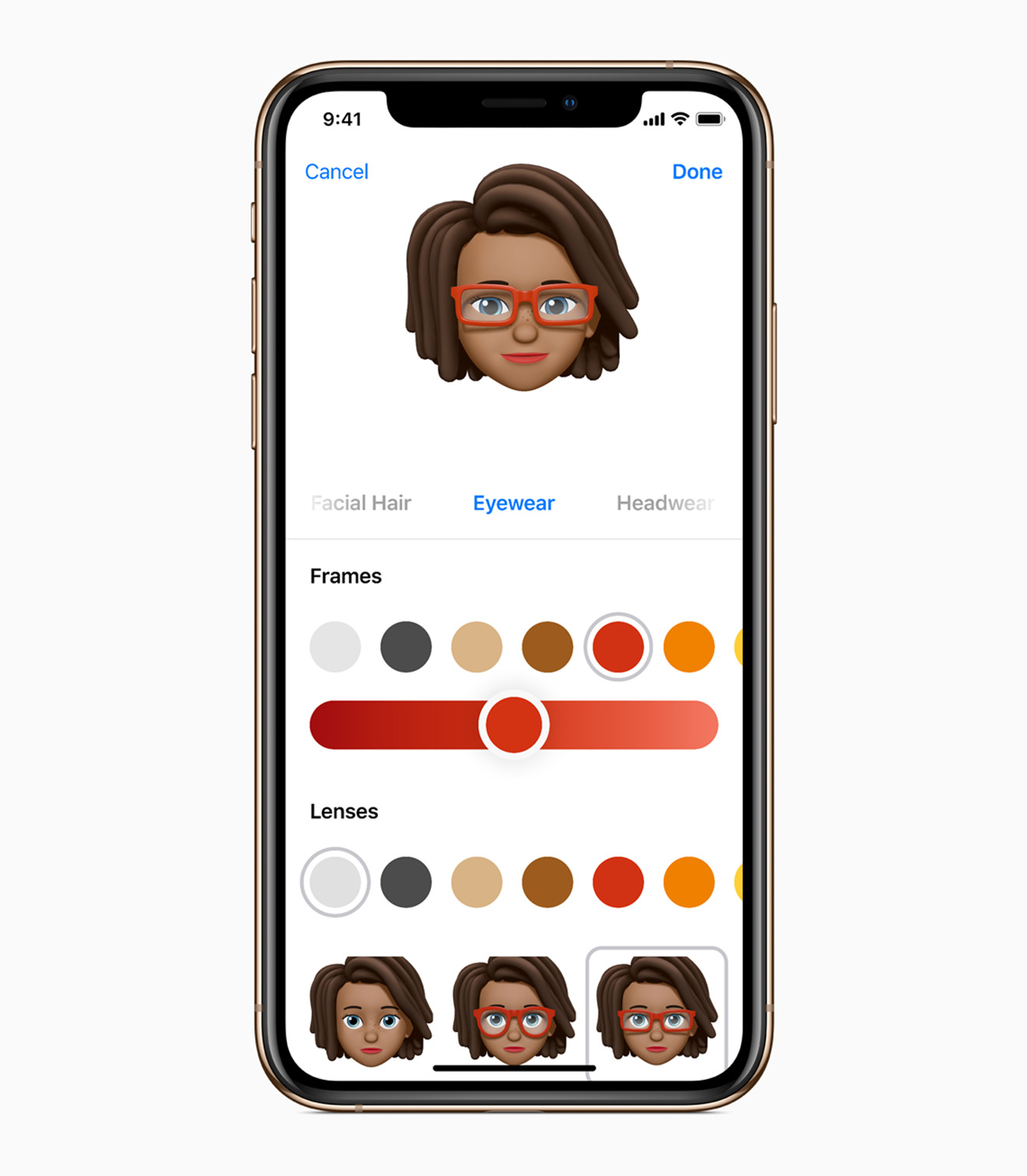Unofficial analytics data indicates that iPhone and iPad owners are installing iOS 12 faster than they did iOS 11, though usage is still neck-and-neck about two weeks after iOS 12's launch.
As of this writing, iOS 12 is installed on 46.95 percent of devices, according to Mixpanel tracking. About 46.15 percent of people are on iOS 11, while 6.9 percent are still using iOS 10 or earlier, presumably because their devices can't be upgraded.
In the same timespan last year, 15 days following release, iOS 11 adoption was estimated at 43.99 percent compared to iOS 10's 48.89 percent, according to Mixpanel's iOS 11 tracker. Neither of the recent launch figures compare to 2016's iOS 10 launch however, which managed a 46.67 percent adoption rate over an identical stretch.
Apple has yet to announce official iOS 12 data.
Rapid adoption is presumably being driven by iOS 12's focus on maintenance and improving performance for older hardware. Most compatible devices should actually run faster in tasks like loading apps, or accessing the camera and keyboard — a change from past iterations, which have typically created slowdowns whether small or huge.
There are a number of new features in iOS 12, such as Screen Time, Siri shortcuts, grouped notifications, and support for ARKit 2.0.
 Roger Fingas
Roger Fingas








 Charles Martin
Charles Martin
 Christine McKee
Christine McKee
 Wesley Hilliard
Wesley Hilliard
 Malcolm Owen
Malcolm Owen
 Andrew Orr
Andrew Orr
 William Gallagher
William Gallagher
 Sponsored Content
Sponsored Content







10 Comments
IOS 12 upgrade was justified especially on older iPhones. What I don't like is Apple making(forcing?) to upgrade new IOS release and if you don't like than won't allow to revert back to what you had. So, when Apple says such as such IOS is adopted by high % than it is because that RED mark on settings and pop-up forcing you to upgrade.
Adoption is high because it is automatically updated on most of the devices. There is no opt-out features on iOS 11. We tried disabling auto download App in iTunes and App Store but it didn’t work. But in 12, you can disable auto update. I don’t know it will be disabled for goods.
I noticed the speed improvement right away, iOS 12 is awesome.
What iOS 12 upgrade articles haven’t mentioned is that some native iOS apps data will not synced via iCloud to your Macs if their macOS versions are older than macOS Mojave. So, you have a choice to install the buggy macOS 10.14 with iCloud syncing or wait 10.14.1 without proper iCloud syncing.
I waited until a day ago: of course it wasn’t automatic, and with iTunes for backup (just in case) the process was seamless and reasonably fast.
Most the major apps I use have updated (also not on auto) so I’ve not noticed any glitches with my iPhone X.